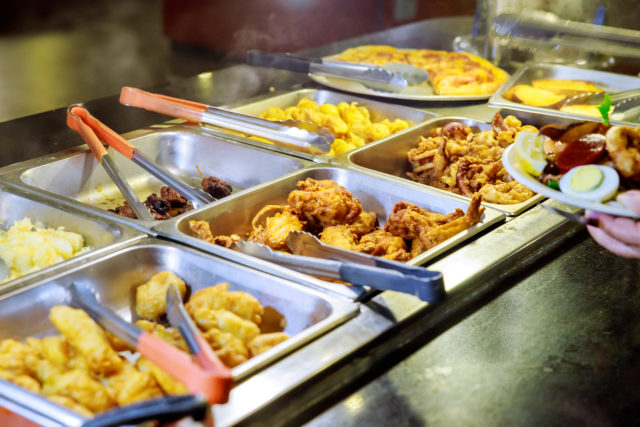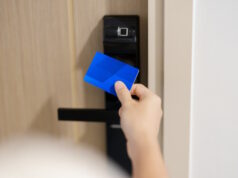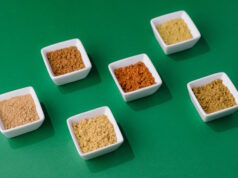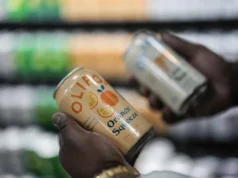
Falling ill with food poisoning can ruin any gathering. More than a dozen multistate foodborne disease outbreaks occurred in 2019, ranging from contaminated basil and bison to flour, turkey, and tuna.
When preparing food at home, there are simple ways to prevent illness with proper hand-washing, avoiding cross-contamination of foods, and cooking foods to proper temperature. It becomes a little more complicated when you depend on others to prepare your food, especially at restaurants.
Kristen Frie, a registered dietitian nutritionist at the Mayo Clinic Healthy Living Program, says having a mental checklist of what to watch out for may help keep some potential disasters at bay. She also offers some tips.
“We don’t always see the food being prepared in the back of the kitchen, but if food comes to your table that looks like it’s undercooked, ask the server to send it back and have them cook it further or start over. Another thing would be when you take home your leftovers to make sure they get refrigerated as fast as possible.”
The Centers for Disease Control and Prevention offers this checklist to help prevent foodborne illness:
- Check inspection scores.
Check a restaurant’s score at your health department’s website, ask the health department for a copy of the report, or look for it when you get to the restaurant. - Look for certificates that show kitchen managers have completed food safety training.
Proper food safety training can improve practices that reduce the chance of spreading foodborne germs and illnesses. - Look for safe food handling practices.
Sick food workers can spread their illness to customers. Most kitchens are out of customers’ sight, but if you can see food being prepared, check to make sure workers are using gloves or utensils to handle foods that will not be cooked further, such as deli meats and salad greens. - Order food that’s properly cooked.
Meat, poultry and fish need to be cooked to a temperature high enough to kill harmful germs that may be present. If you’re served undercooked meat, poultry, seafood or eggs, send them back to be cooked until they are safe to eat. - Avoid food served lukewarm.
Cold food should be served cold, and hot food should be served hot. If you’re selecting food from a buffet or salad bar, make sure that the hot food is steaming, and the cold food is chilled. Germs that cause food poisoning grow quickly when food is in the danger zone, between 40 and 140 degrees Fahrenheit. - Ask your server about pasteurization.
Ask your server if pasteurized eggs are used in food such as Caesar salad dressing, custards or hollandaise sauce. Raw or undercooked eggs can make you sick unless they’re pasteurized to kill germs. - Take care of your leftovers quickly.
Refrigerate within two hours of eating out. If it is above 90 degrees Fahrenheit outside, refrigerate leftovers within one hour. Eat leftovers within three to four days. Throw them out after that time.
“Walk in the restaurant. Check it out. Does it look clean? And then once you sit down, watch around you. What’s happening? Order your food well-cooked. Check your food when it comes to you. Make sure it is well-prepared in terms of food safety — temperature is where you expect it to be. And then soon as you’re done with those leftovers, bring them home and refrigerate them,” says Frie.
‘Courtesy: Mayo Clinic News Network.’[/vc_message]












